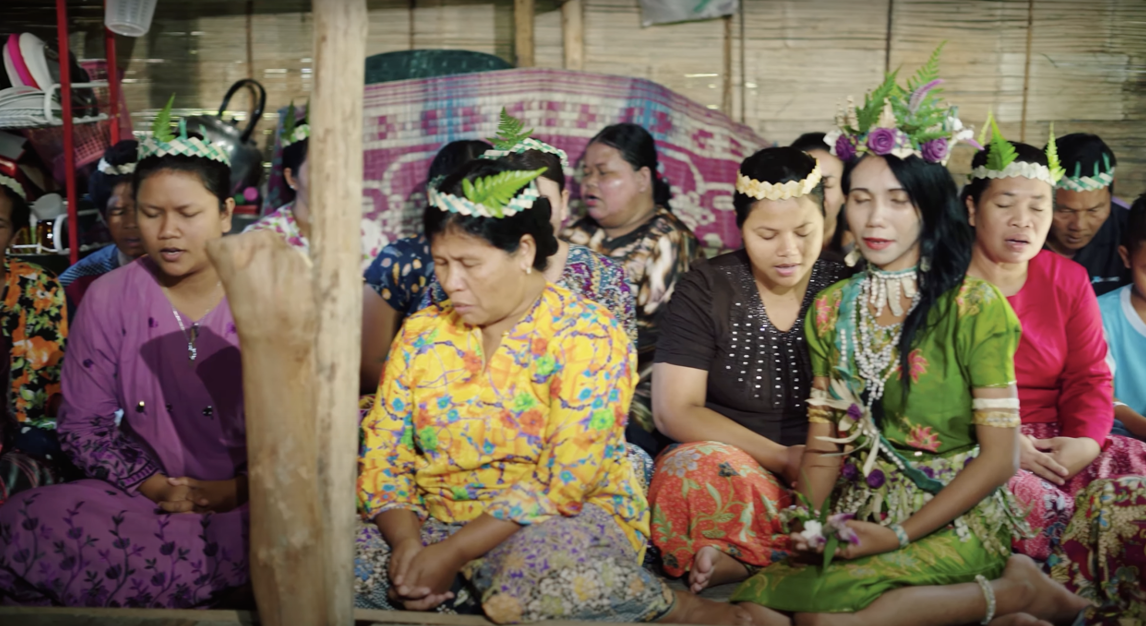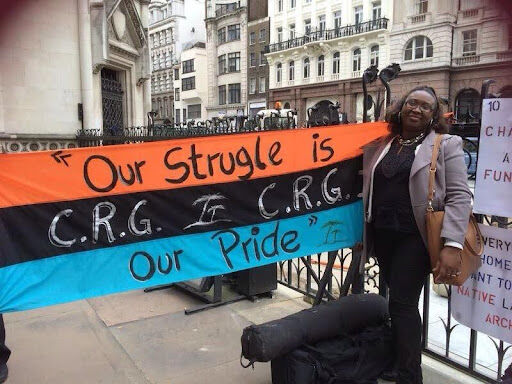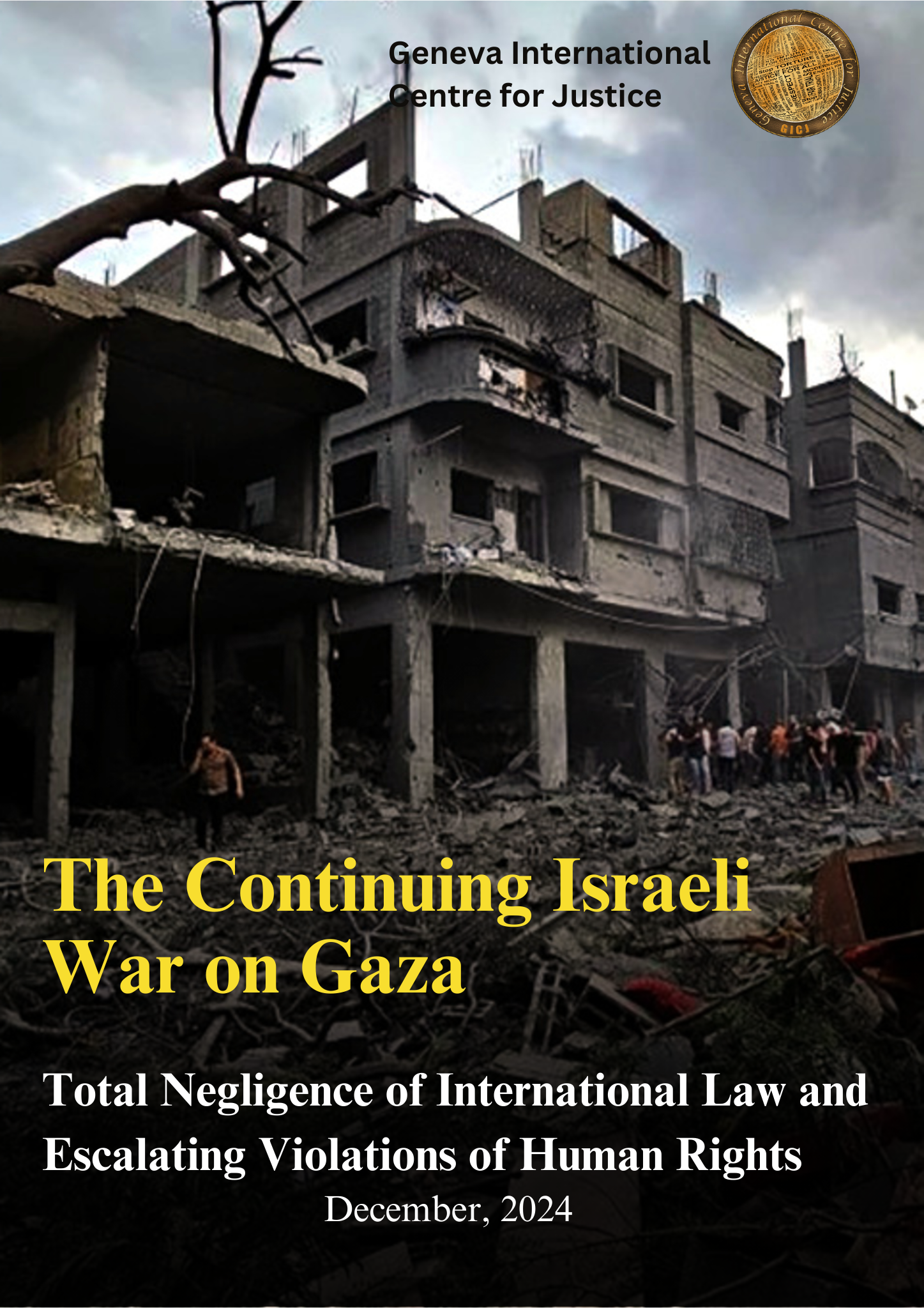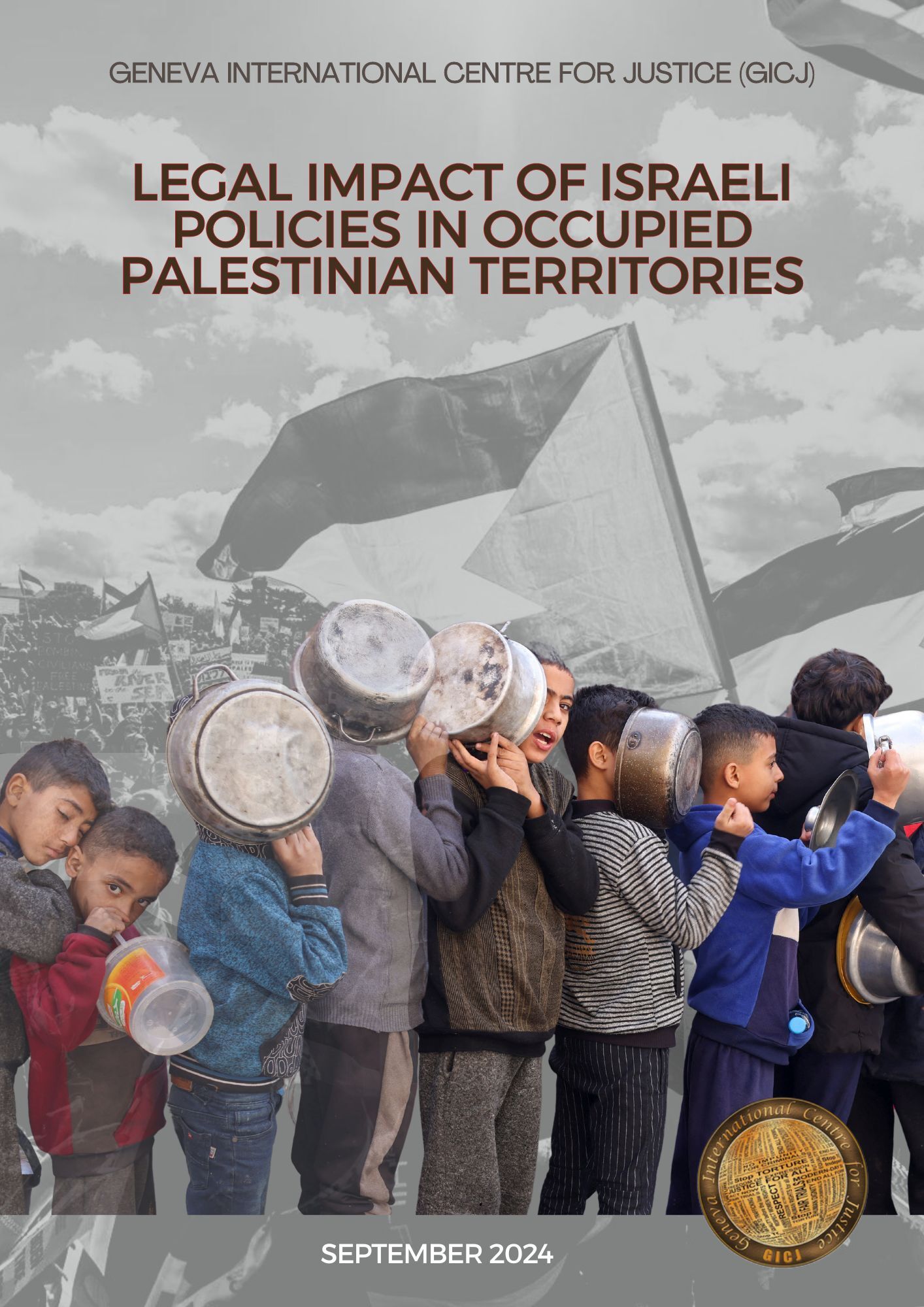
By Rute Belachew / GICJ
The International Day to End Impunity for Crimes Against Journalists is commemorated on the 2nd of November pursuant to United Nations General Assembly Resolution A/RES/68/163. The day was designated to honour the murder of two French journalists on the 2nd of November 2013, in Mali. The Resolution encouraged Member States to take concrete steps to combat the current culture of impunity. This resolution prohibits all forms of violence and assaults on journalists and media workers. It also challenges Member States to establish accountability, bring perpetrators of crimes against journalists to justice, and provide victims with adequate remedies. It also encourages states to create a safe and enabling environment for journalists to operate freely and without unwarranted intervention.
Eliminating impunity for crimes against journalists is among the most critical challenges in ensuring citizens' freedom of expression and access to information. Over 1,200 journalists were killed between 2006 and 2020 for reporting the news and informing people about events. Threats and assaults, particularly those conducted online, have a disproportionate impact on women journalists. Impunity leads to further deaths and is frequently a sign of an increasingly hostile environment as well as a deterioration of the legal and judicial systems. Media censorship of journalists face a slew of dangers, ranging from kidnapping, torture, to murder, and online harassment.
The UN Plan of Action on Journalist Safety and the Issue of Impunity is the UN's first concentrated initiative to address violence and impunity for atrocities against journalists. It connects UN agencies, national governments, media outlets, and non-governmental organizations. Since the plan's adoption, the matter of journalist security has received more prominence at the UN. This is evident by an increase in the number of declarations, proposals, and other normative documents, as well as the UN Secretary General's Call to Action for Human Rights.
Journalist protection is also included in the 2030 Agenda for Sustainable Development. The Plan has aided the formation of international alliances of governments and civil society, as well as in the implementation of reforms on the ground, such as the establishment of national safety systems in at least 50 nations. However, impunity for crimes against journalists remains prevalent, and new types of threats emerge in unanticipated ways. The 10-year anniversary provides an opportunity to reaffirm, recommit, and reposition efforts to move the UN Plan forward.
Geneva International Centre for Justice (GICJ) strongly condemns international violence against journalists as a severe violation of International Human Rights Law and freedom of expression. The GICJ also emphasises the significance of ongoing efforts such as the 2030 Agenda for Sustainable Development and other multi-stakeholder invitations to further protect journalists. As a result, the GICJ urges international authorities to further safeguard journalists and media professionals, and to preserve the fundamental human right of free expression.
International Day to End Impunity for Crimes Against Journalists, Journalists, Media, Media Workers, Freedom of Expression, Access to Information, Human Rights, Human Rights Defenders, Geneva, Justice, Geneva4Justice, Geneva International Centre for Justice, GICJ












